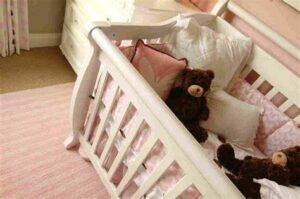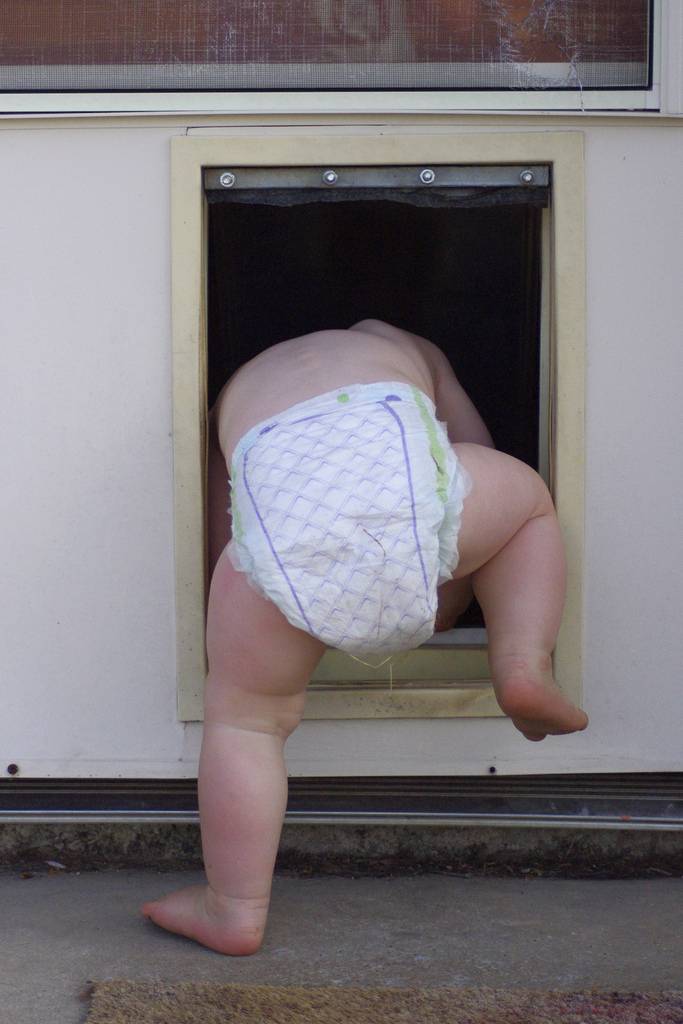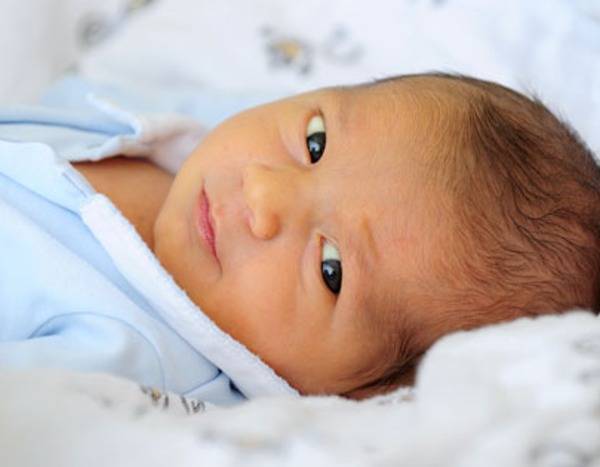Crib Death: The Silent Concern
Sudden Infant Death Syndrome (SIDS), commonly referred to as crib death, is a parent’s worst nightmare. While rare, understanding the risk factors and preventive measures can offer some peace of mind.
What is Crib Death or SIDS?
Sudden Infant Death Syndrome is the unexplained death of an otherwise healthy baby under one year of age, usually during sleep.
Risk Factors: What We Know
While the exact cause is unknown, several risk factors have been identified:
- Age: Most common between 2-4 months.
- Sleep Position: Babies sleeping on their stomachs are at higher risk.
- Parental Smoking: Increases the risk significantly.
Prevention: Reducing the Risks
The American Academy of Pediatrics recommends:
- Back to Sleep: Always place the baby on their back to sleep.
- Firm Sleep Surface: Use a firm mattress in a safety-approved crib.
- Room-Sharing: Keep the baby’s sleep area in the same room where you sleep.
Monitoring: Keeping an Eye Out
Some parents opt for:
- Movement Monitors: That alarm if no movement is detected.
- Regular Check-ins: To ensure the baby is breathing.
- Pediatric Consults: Regular check-ups for peace of mind.

Coping: If the Unthinkable Happens
Losing a child to SIDS is devastating. Support can come from:
- Counseling: Professional help is often necessary.
- Support Groups: Other parents can offer unique understanding.
- Memorializing: Some find comfort in creating a lasting memory.
Next Steps
If you find this information beneficial and wish to stay updated on children’s health topics, consider subscribing to our newsletter. If you have concerns about SIDS or sleep safety for your infant, feel free to book an appointment with Dr. Michael Nwaneri. We’re here to offer expert advice, no obligations.



